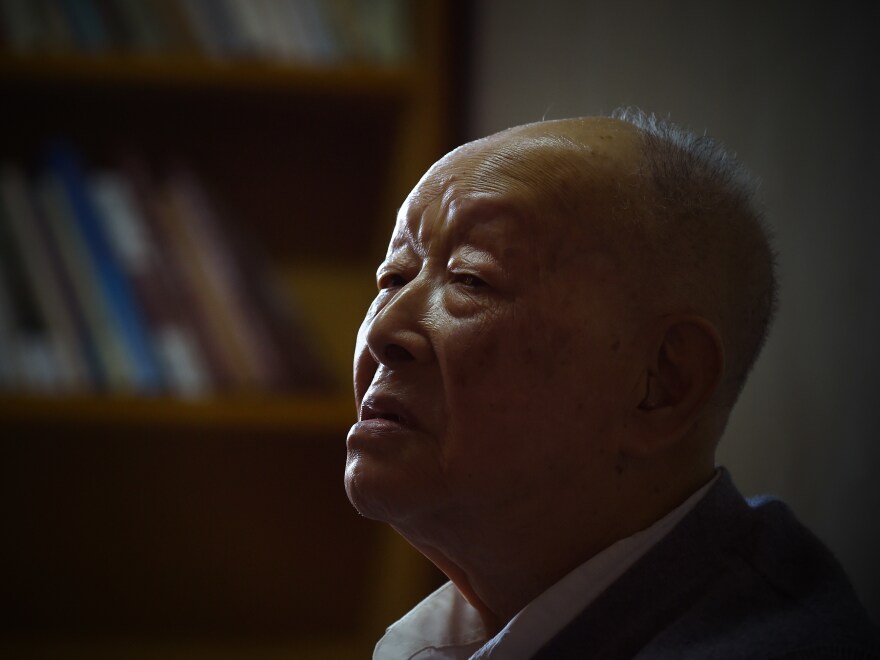Zhou Youguang, the inventor of a system to convert Chinese characters into words with the Roman alphabet, died Saturday at the age of 111. Since his system was introduced nearly six decades ago, few innovations have done more to boost literacy rates in China and bridge the divide between the country and the West.Pinyin, which was adopted by China in 1958, gave readers unfamiliar with Chinese characters a crucial tool to understand how to pronounce them. These characters do not readily disclose information on how to say them aloud — but with such a system as Pinyin, those characters more easily and clearly yield their meaning when converted into languages like English and Spanish, which use the Roman alphabet.While it was not the first system to Romanize Chinese, Pinyin has become the most widely accepted. For Chinese speakers, many of whom speak disparate dialects, its broad acceptance made education easier, giving instructors a single, relatively simple instrument to teach people how to read.Beyond China's borders, Pinyin allowed the standardization of Chinese names. For instance, it's a big reason why the name Westerners commonly use for the Chinese capital shifted from "Peking" to "Beijing." And it's why many other such names changed dramatically along with it.And yet Zhou, the man behind one of the most important linguistic innovations in the 20th century, said he was reluctant when asked by the Chinese government to take on the task in the mid-1950s.At the time, he was an economic scholar, only recently returned to China after a stint working on Wall Street in the U.S. He had come back to the country after its 1949 Communist revolution."I said I was an amateur, a layman, I couldn't do the job," he told NPR in 2011, laughing. "But they said, it's a new job, everybody is an amateur. Everybody urged me to change professions, so I did. So from 1955, I abandoned economics and started studying writing systems."The committee Zhou led spent three years working on its alphabetic system."People made fun of us, joking that it had taken us a long time to deal with just 26 letters," he told the BBC in 2012.Others took the committee's invention very seriously, however. The Communist government of China introduced Pinyin in schools in 1958. The international community eventually adopted it as the standard romanization for Chinese writing, as well, with the U.N. doing so in 1986.Before Pinyin, 85 percent of Chinese people could not read, according to the BBC. Now, UNICEF says the literacy rate in China hovers at about 95 percent.Lately, Pinyin has also been integral in determining the ways mobile phones and computers transmit Chinese characters.Still, despite the broad acceptance of his system, Zhou went on to become something of a thorn in the side of the country's Communist government. During the Cultural Revolution, in the '60s and '70s, Zhou drew the scrutiny of the Communist Party. In 1969, he was even labeled a "reactionary academic authority" and exiled to a labor camp for more than two years, reports The New York Times.But he was not dissuaded from speaking his mind for long. As he aged, he became more vocal about his dissatisfaction with the powers that be.And, as Louisa Lim noted for NPR, Zhou was not afraid to use his stature to point out discrepancies he found in Communist Party doctrine.
Zhou Youguang, Architect Of A Bridge Between Languages, Dies At 111




